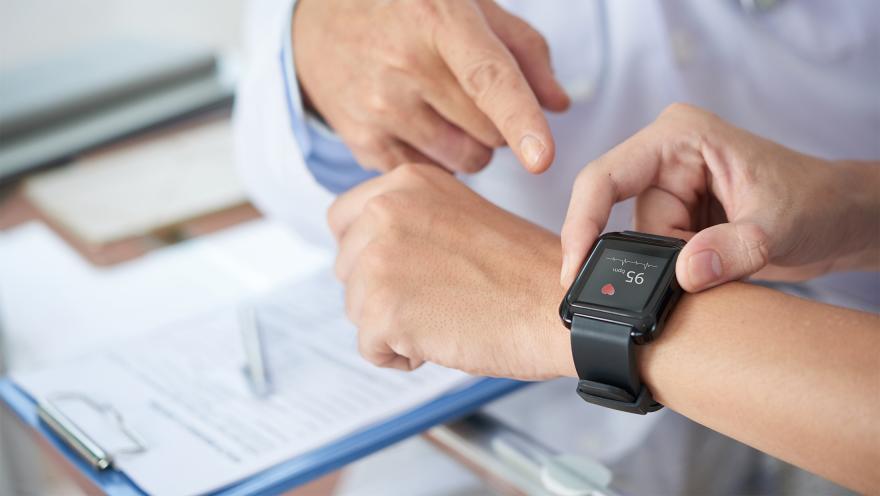The ALS Association and The Association for Frontotemporal Degeneration (AFTD) are launching a research funding opportunity to support collaborative development of digital assessment tools for both ALS and frontotemporal degeneration (FTD).
Leveraging a $500,000 ALS Association Partnership Grant, the Digital Assessment Tools for FTD and ALS Awards will provide a total of $750,000 to support two to four projects focused on developing tools that use smartphones, wearable trackers or other devices to remotely gather data on a person’s symptoms or functional ability. When correctly designed and applied, digital assessment tools have the potential to expand research into, and strengthen care for, both ALS and FTD.
Once considered separate neurodegenerative disorders, ALS and FTD are now recognized to have many commonalities at the molecular, cellular and clinical levels, and are thought to exist along a clinical spectrum. They share a common pathology (an aggregation of the RNA-binding protein TDP-43), and the genetic variant that leads to most hereditary cases (a hexanucleotide repeat expansion in the C9orf72 gene) is the same in both diseases. Additionally, symptoms of ALS and FTD frequently overlap – people with ALS can exhibit behavioral and language issues often seen in FTD, while people diagnosed with FTD can experience ALS-like movement problems.
“Despite being intertwined biologically, research into ALS and FTD has traditionally been conducted in silos. This partnership and collaborative funding will help bridge the divide, bringing together researchers with interests spanning the continuum of these two diseases to help advance our understanding and move the science forward faster,” said Kuldip Dave, Ph.D., senior vice president for research at The ALS Association.
Research into ALS and FTD is impeded by some notable barriers. Since both are rare diseases, the pool of potential research participants who have the time and resources to travel to a study site is severely limited. Additionally, the clinical centers providing care and conducting research for people with ALS are usually separate from those for people with FTD. However, digital assessment tools can overcome these barriers.
“Carefully developed digital tools can help people living with a diagnosis of ALS, FTD or ALS-FTD to participate in research more easily and more frequently, and from the comfort of their own homes,” said AFTD Senior Director of Scientific Initiatives Penny Dacks, Ph.D. “And, because digital tools allow for remote participation from people who may not have the means to travel to sites due to cost or distance, the data is more likely to represent the people living with these diseases.”
The Digital Assessment Tools for FTD and ALS Awards are open to investigators worldwide at academic or other nonprofit research institutions, as well as for-profit organizations such as biotechnology companies and digital-technology developers. Partnerships between academia and industry are encouraged.
Applications must be submitted by July 14, 2023, to be considered. The funding period begins January 1, 2024, and ends December 31, 2026.

